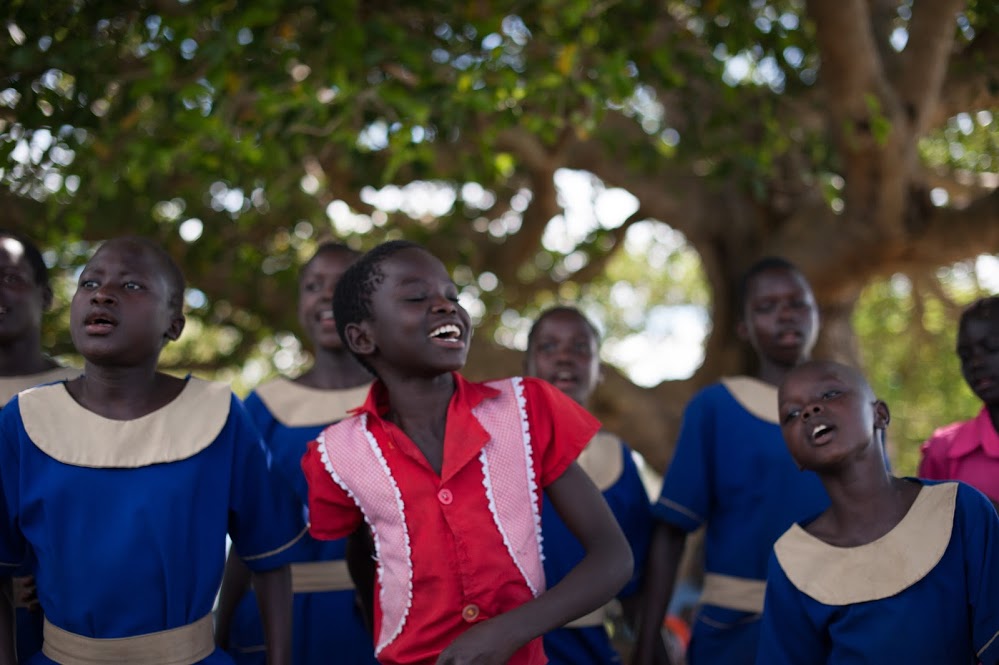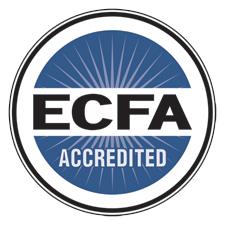Our mission at Children’s HopeChest is to glorify God by releasing the potential of orphaned and vulnerable children and their communities through partnerships that cultivate holistic transformation and sustainability.
But what does it mean to “cultivate holistic transformation?” We use the word “holistic” frequently at Children’s HopeChest to explain how we endeavor to care for all dimensions of the child and the community, not just one aspect of their lives. We recognize the importance of addressing the physical, emotional, social, intellectual, and spiritual requirements for an individual’s growth, as well as, all the various sectors of society in the communities in which they live.
Each aspect of the child/community is important.
Our holistic model works for several reasons. God made humans to be multi-faceted. Thus, we now have needs on these many levels that must be addressed, not only to survive, but also to thrive and succeed in life. In the “survive” phase of our model, we support vulnerable children physically, emotionally, and spiritually. All three of these facets are incredibly important for a child’s growth. We are not only physical beings, who can succeed with solely the distribution of food. We are also not just emotional beings, who can survive on only friendships. The physical aspects include, but are not limited to, having shelter, security, receiving one nutritious meal a day, and basic medical care. Emotionally, this is enacted through the CarePoint staff building healthy relationships with the children and getting to know them and their stories. Spiritually, this is the focus of discipleship with them learning how they were created and that they are valuable and have purpose in life.
If we only worked toward helping vulnerable children intellectually with education support, we would be providing a way for them to learn, but may not be providing the nutrition, energy or emotional stability that they need to make it through a school lesson. For example, a child may have a disruptive attitude when they come to the CarePoint and begin to attend lessons, but after experiencing emotional and spiritual healing through CarePoint programs they learn how to resolve conflict within themselves and with others. Not addressing their emotional processes, may limit their ability to learn, focus, or attend school. All aspects must be properly addressed for the child to make healthy progress.
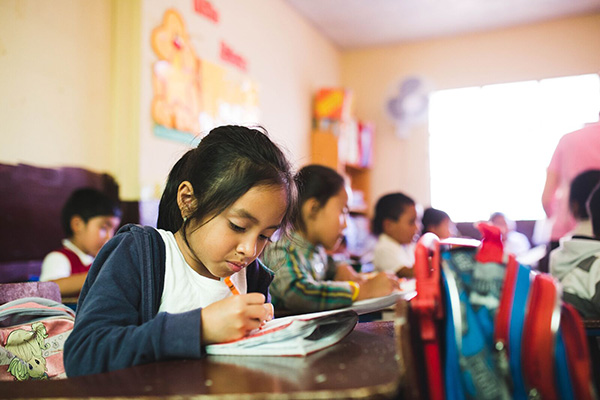
A holistic approach is needed for sustainability and growth.
The holistic values that we follow, which allow us to work toward sustainability for vulnerable communities are that resources must be handled responsibly, but that poverty is not the result of a lack of material goods. Rather, it is the result of broken relationships. Once those broken relationships are addressed, people and communities begin to experience healing and wholeness and it becomes possible to identify resources and use creativity to take what is available and multiply it exponentially.
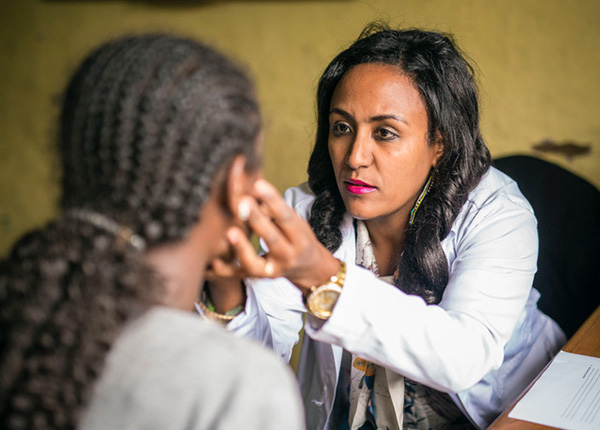
A holistic approach addresses the root of poverty.
A holistic approach to transformation is important because it does not merely alleviate symptoms, but it addresses the root issues of poverty. By looking at the fruit and results of people’s lives we can determine whether or not the fruit is healthy. Then, we must trace down to the root to determine the cause of the problem and how to best help someone. Once these root issues are addressed, the person or community can begin to heal and this health and wholeness will spread to others.
On a practical level at many of the communities, the CarePoints not only feed the hungry children, but they also provide deworming medication for children because without the medication, children would not be able to absorb the nutrients from the food they are eating. In this way, instead of only alleviating the children’s hunger, the CarePoints are ensuring that the children are capable of absorbing all the nutrition possible from the food.
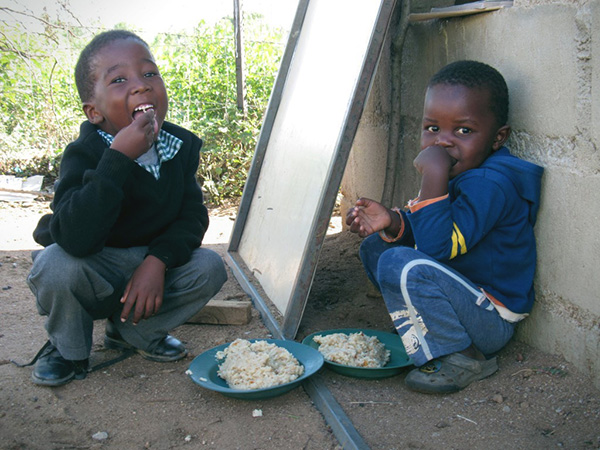
Similarly, CarePoints may provide soap for the children, which can open a door to address many societal aspects. The CarePoints train the children how to use the soap, by teaching hygiene classes to the children so they can learn how to properly wash their hands and protect themselves from harmful bacteria and diseases. This affords opportunities for CarePoints to equip their children with knowledge of healthy practices and the children can take these practices into their homes and from there, build on the relationships those children have through their families to improve the health of entire communities.
These lessons could eventually expand into other areas of life by helping the children learn now to produce soap. They might build a small business that manufactures soap for sale. In the process, they have now learned a trade to sustain themselves and their family for life. Their small business could grow to the point where it would create jobs and hire people from the community, thereby, creating greater stability for the entire community.
In this simple way, we see how these children can learn how to become agents of change and positive influencers in their society!
Invest in Hope is a new program that addresses the root of poverty using our holistic methodology. If you want to come alongside the work that HopeChest is doing around the globe, consider being a partner through Invest in Hope.

